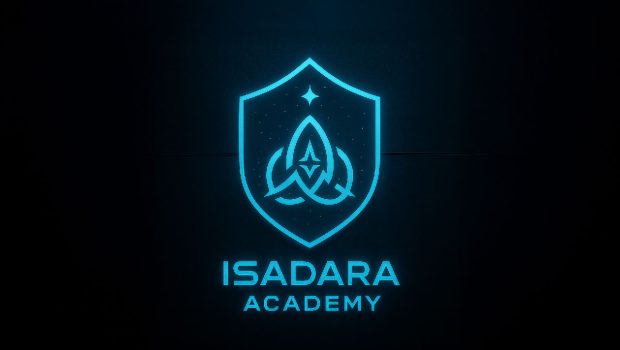
Vendikan academy keeps gruelling war‑game entrance exam centuries after cutting military ties
VENDIKAR – Isadara Academy’s ruling council has voted almost unanimously to retain its secretive five‑day, military‑style entrance examination, a rite so demanding that fainting and injury are commonplace, even though the university has not trained battlefield leaders for hundreds of years.
The council’s decision to preserve the exam was all but unanimous. Specific details are classified, but the Admissions Office advises applicants to prepare for a physically and mentally demanding, five‑day ordeal lived entirely in academy accommodation.
Former candidates describe the examination as a full war simulation: examinees must sleep, eat and operate as if on a battlefield, even issuing orders in mock combat. The written section reportedly follows a 30‑hour survival exercise with little or no rest. Some applicants say they fainted—or saw others faint—during the drills.
The council maintains that the test, rooted in the academy’s origins as a military college, is central to its identity.
“University‑level education is standardized across the world, so there is very little schools can do to compete with prospective student’s attention,” explains Kalas One, the academy’s rector. “This is the one special thing we do.”
Critics counter that the ordeal is outdated and dangerous. The latest debate was sparked by parents of injured candidates.
“I’m utterly disappointed that they’re allowed to keep going,” says Meran Four, whose son spent two weeks in hospital after rubble fell on him during a simulation. “The exam’s pointless. It’s brutal, encourages militarist sentiments, and is discriminatory against people with medical or other limitations. It should have been abandoned all those centuries ago!”
Rector Kalas One rejects allegations of ableism. Applicants who supply medical or psychological documentation, he says, may pursue alternative admission routes, and “strict safety protocol” is in place for injuries.
“We take equality and safety of our applicants and students very seriously,” he promises.
The Vendikan Equality Ombudsman has issued several recommendations to reform the admissions process; not all have been adopted.
Current students are divided. A student‑union poll shows a slim majority favour keeping the exam but scaling it back or expanding alternative pathways. Support for abolishing it entirely nearly matches support for leaving it unchanged.
“I get that people get hurt, but the exam was the main reason I applied here,” says Poro Six, a third‑year geology student from Vikar. “If an employer has two applicants with otherwise the same qualifications, they’d choose the one who studied here, since making through the exam shows we can do our job in extreme situations.”
Founded in 1734 to train infantry officers, Isadara shifted toward engineering and medicine when Vendikar’s war with Eminiar VII moved to space‑based bombardment. After the two worlds confined hostilities to computer simulations in 2031, cadets’ military commissions became nominal, and the academy’s last formal link to the armed forces ended soon after the late‑23rd‑century peace brokered by the Federation.
Want to Write Your Own Star Trek Stories?
The Federation News Service is written by members of StarBase 118, a Star Trek play-by-email RPG running since 1994. Join us and create your own adventures in the Star Trek universe — all you need is an email address.
Join StarBase 118 TodayOr explore free Star Trek ebooks written by our community → trekstories.net
Stay Informed with Federation News Service
Subscribe to receive the latest updates from across the Federation.


 Previous Article
Previous Article Next Article
Next Article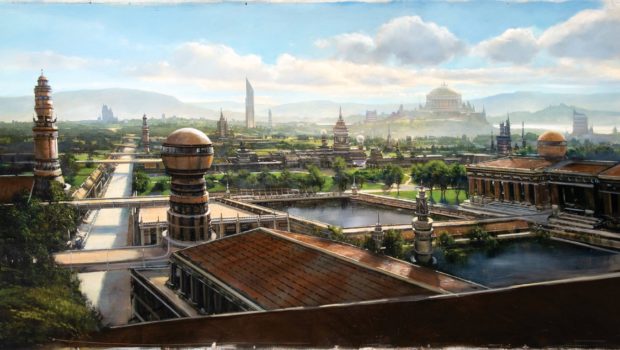 Ancient Bajoran Sculpture “Ohalu’s Light” Revealed to be Forgery
Ancient Bajoran Sculpture “Ohalu’s Light” Revealed to be Forgery  Comic book hero returns: a look at the spectacular new Jamie Galactic holonovel
Comic book hero returns: a look at the spectacular new Jamie Galactic holonovel 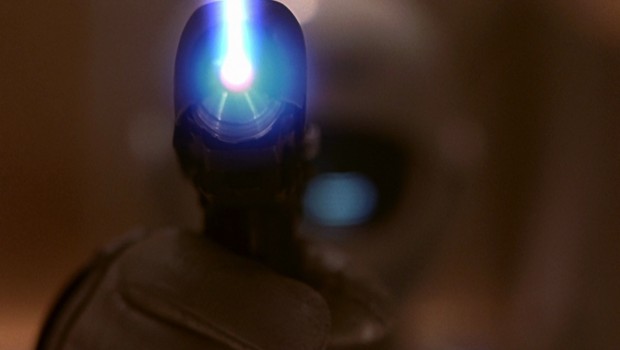 Vulcan holonovelist Skilku wins premier prize for pushing the boundaries of the crime genre
Vulcan holonovelist Skilku wins premier prize for pushing the boundaries of the crime genre  Coveted trophy, “The Silver Spade”, competed for during Bridge Championship on Risa
Coveted trophy, “The Silver Spade”, competed for during Bridge Championship on Risa  New holonovel promises a look into the life of a newly joined Trill
New holonovel promises a look into the life of a newly joined Trill 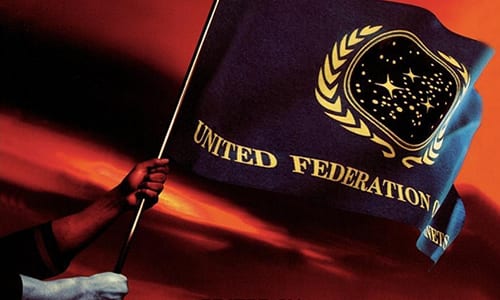 New Dominion War memoir makes bold accusations against Federation and Starfleet leadership
New Dominion War memoir makes bold accusations against Federation and Starfleet leadership  Behind the Scenes at FNS: Office Oddities, Tribbles, and a Cat
Behind the Scenes at FNS: Office Oddities, Tribbles, and a Cat 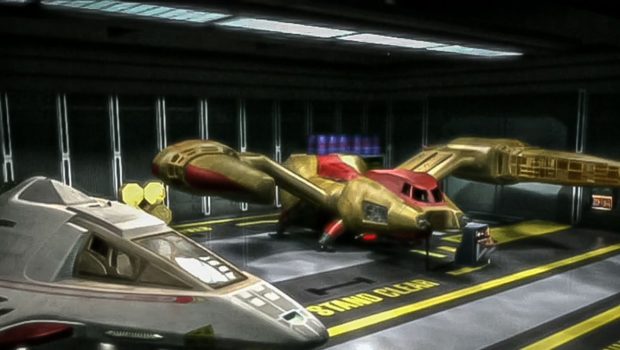 F1 Circuit prepares for new Shuttle Racing Season
F1 Circuit prepares for new Shuttle Racing Season